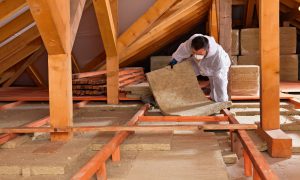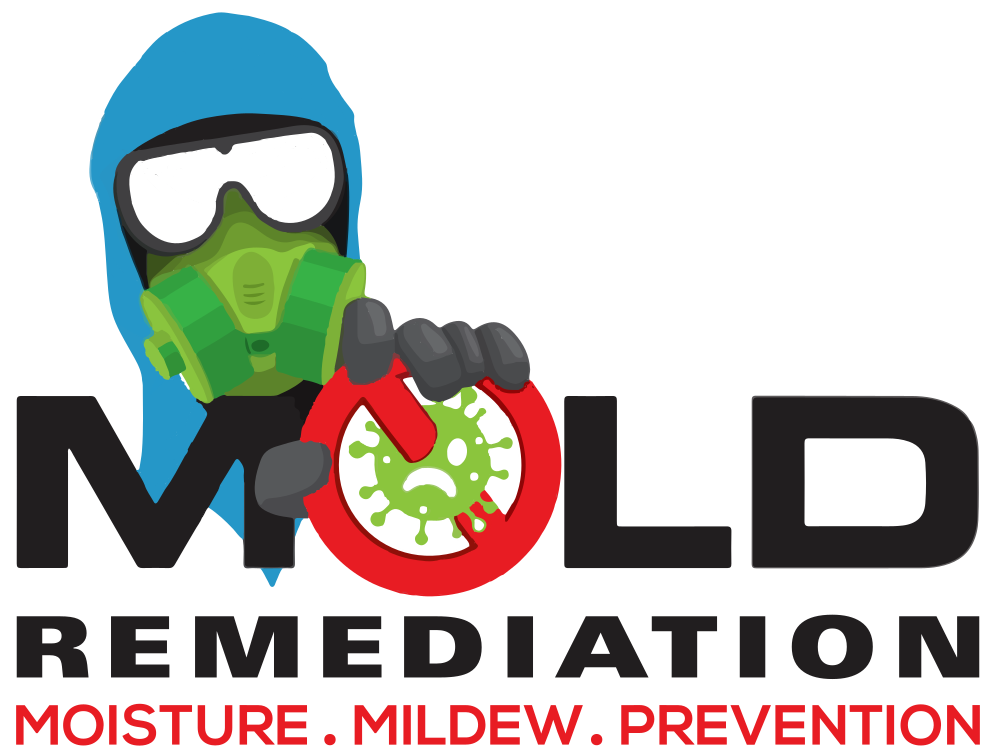
Proper winter attic ventilation is critical for the safety of your household as well as your comfort during the cold months. In the winter, attic ventilation helps protect your ceiling structures from harmful condensation. Improve your attic air circulation this winter to keep your house in great condition and preserve excellent indoor air quality. Adequate winter attic ventilation helps maintain a consistent temperature of the home all year, but it is especially important in the summer.
When the scorching heat takes down on the roof, the temperature in your attic rises. Heat and moisture trapped in the attic can damage the wood furnishings and fixtures, sidings, attic ceiling, as well as shingles along with the plaster or paint or other wall furnishings, such as wallpaper. Furthermore, this effect can transition to the spaces below.
Higher energy bill
Hot air is supposed to rise, but in poor ventilation attics, hot air migrates. The sunlight hits the roof in the summer, which heats the air within the attic. The hot air is forced into the living area. This means that the house owners will have to turn up their air conditioners and their Air conditioning units will need to overcompensate in order to cool the house. During the winters, warm air inside the homes is pushed toward the attic, usually causes humidity buildup and a variety of other issues like mold or mildew, along with other issues.
Reduces life of HVAC systems
Not only do higher energy consumption raise utility bills, but also the additional hours of its use shorten the life your cooling equipment. A Heating and cooling system that is required to put more effort than it should usually must be fixed frequently and does not last as long.
Improves roof life
Poor ventilation can cause your attic to overheat, reducing the life of your roof. Most house owners in the United States have roofing systems covering their roofs. These siding they typically last 20-25 years in moderately hot climates, but they are vulnerable to heat and will take damage, but. Therefore, your winter attic ventilation has a significant impact on the life of your roof.
Deteriorates the exterior
If your attic space is consistently exposed to high temperatures due to poor winter Attic Ventilation, your siding will deteriorate much faster than if the area was adequately ventilated. When shingles lift and peel, the roofing materials beneath them are exposed to the weather. This can cause severe damage over time and necessarily require an overall roofing system, which is significantly costly than investing in proper winter attic ventilation. Heat exchange from Winter Attic Ventilation, due to a hot attic contributes to more than just elevate your cooling costs during the summer. Excess heat can cause deformation of wooden equipment, doorframes, and wood floors. Too much humidity and heat in the home can deform even furniture.
Humidity and Excess Moisture
An attic, when adequately ventilated, promotes the appropriate circulation of fresh air into the houses. In addition to improving quality of the air, Attic Ventilation keeps temperatures balanced. Hot air exits through the attic during the summer, which makes it easier for your air conditioning system to keep your house comfortable. If your attic is properly ventilated, it also becomes easier to regulate humidity levels in your home. A well-ventilated attic functions similarly to opening windows on opposing sides of the room and allowing free flow of air. When individuals close both windows, the room will become hot and stuffy. If you open just one window and close the other, air can enter but not exit, causing improper ventilation.
How much winter attic ventilation does an attic need?
The objective of maintaining a Winter Attic Ventilation adequately is to have a consistent or balanced airflow in and out of the attic throughout the year. Hot spots are caused by unbalanced airflow, which negates the benefits of a good ventilation system. The first stage in keeping your house safe and comfortable is to have a properly ventilated attic.
Should Attic Vents Be Closed In Winter?
During the cold season, moisture content from your cooker, dryers, baths, and living areas enters the attic. It condenses when it is exposed to cool attic air as well as other cold surfaces. Drops of water can enter your insulation after condensation forms. Humidity in the attic also promotes mold cavity and mildew growth on your insulation as well as other building materials. This can have a negative effect on the health of the people who live in the house.
Humid air from the residential area goes up into the roof and heats up the surface of the rooftop deck during the cold season, particularly in areas in which temperature reaches below freezing. The bottom layer of snow in contact with the upper side of the roof begins to melt as the deck warms. Water drips down the roof and freezes back to ice when it is exposed to the slightly cooler side of the roof along the eaves.
With time, this ice formation shapes an ice dam, preventing further water runoff from exiting. When melting water cannot pass off, it drips back into the siding and skirting of the roof. In severe cases, this water can penetrate the roofline and enter the attic. Water penetrates the ground and insulation in the attic, ruins the walls, and can make its way through and degrade the interior. Winter Attic Ventilation is critical because it eliminates condensation, making ice dams impossible to form.
Should I cover my roof turbines in the winter?
Think twice about covering your turbine roof vents during the winter season. You may be concerned that the cold air entering your house will raise your heating costs and result in unnecessary damage. However, turbines Roof vents should not be blocked. The risk of home environment damage increases as air circulation decreases.
Roof vents aid in the circulation of air throughout your home. Even though your attic may become chilly during the winter, it will not cause any damage to your home. As a result, covering the turbine ceiling grilles is unwarranted. When vents are blocked, moisture accumulates in the attic. As a result, it causes damage to your home.
If you feel your attic ventilation is disrupted, or experience unnecessary energy bills, you need to call in Air Ventilation Installation Services, before the start of the season to ensure peaceful and comfortable winters or summers.


